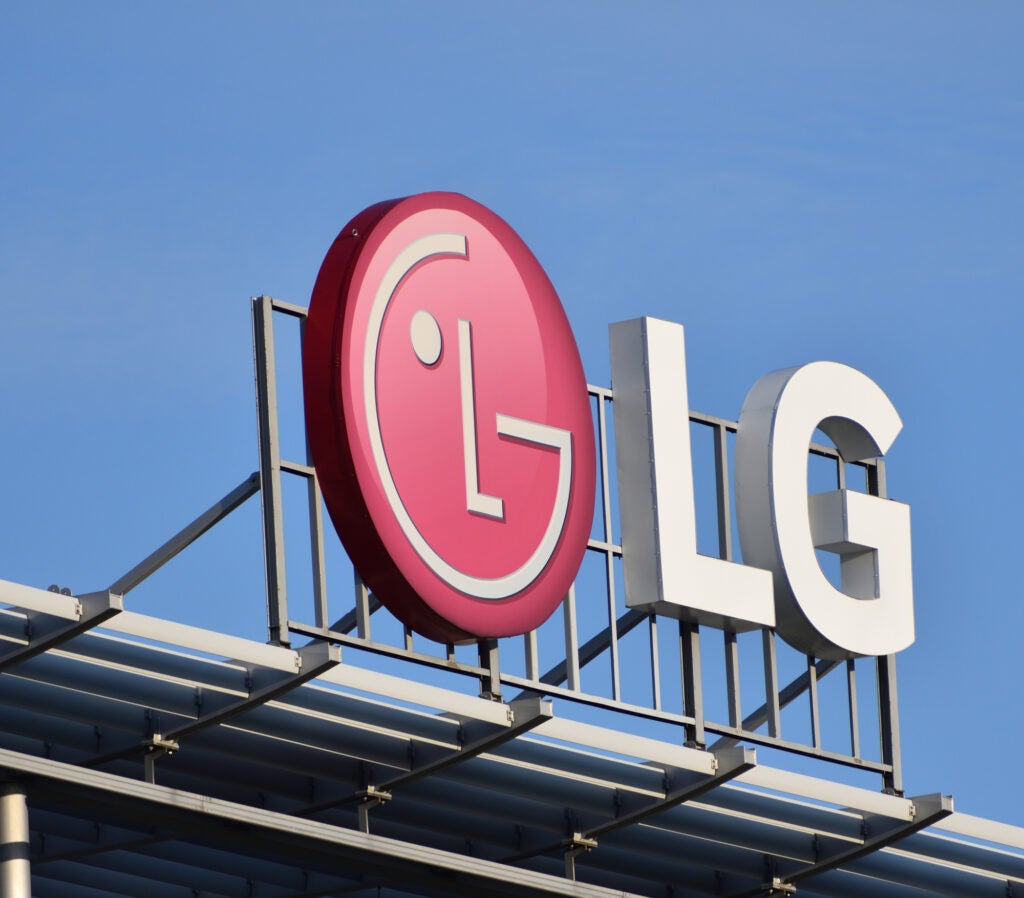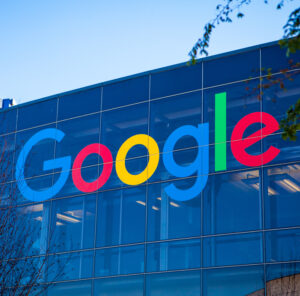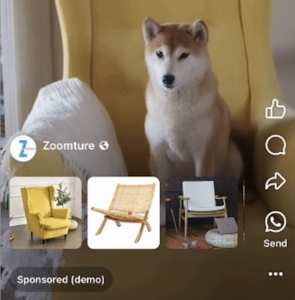After being summarily booted from the board of LG Ads in late 2022, Alphonso’s founding team has won its lawsuit against LG Electronics.
The plaintiffs, which also included a group of minority Alphonso shareholders, had sued LG in April 2023 for wrongful termination and board misconduct.
On Friday, Delaware’s Chancery Court ruled in Alphonso’s favor, finding that LG Electronics breached a stockholders agreement in December 2022 when it terminated five of Alphonso’s co-founders to wiggle out of contractual obligations that were set following LG’s acquisition of Alphonso in 2021.
LG’s machinations to gain full control of Alphonso’s board and force stockholders to sell their shares at a low price played out not unlike a coup.
In fact, according to the court documents, several days before the 2022 ouster, LG’s public affairs team discussed how it would look to people on the outside and floated several potential negative headlines, including “LG takeover” and “LG-led coup.”
(You can read the full decision here.)
Having won the suit, two of the plaintiffs – Ravi Sarma and Richard Andrades, both Alphonso co-founders and minority shareholders – now have the right to replace or reinstate up to three of the company’s seven-person board of directors, as per the original stockholders agreement. Andrades and Sarma can also elect to take two of the board seats themselves.
LG Ads declined to discuss ongoing legal matters.
Unfriendly fire
LG first bought Alphonso in 2021, which was later rebranded to LG Ads, to support the TV manufacturer’s ad tech ambitions with Alphonso’s automatic content recognition technology.
But how did the relationship between LG’s executive team and Alphonso’s shareholders sour so quickly?
At the time of the deal closing, LG – which took a 50.1% stake in Alphonso worth roughly $80 million – promised to make scheduled tender offers and give Alphonso the opportunity to take itself public within five years.
Within two years of the acquisition, however, Alphonso’s positive growth caused LG to change its mind and, according to the court filing, try to get “a better deal than the one it had bargained for.”
By December 2022, Alphonso generated $270 million in revenue and was valued at more than $1 billion, which, according to court documents, exceeded LG’s expectations.
Buying out shareholders at this high valuation or allowing the company to IPO was no longer an attractive option to LG. So it initiated a plan to remove the founders from Alphonso’s board, strip minority shareholders of their voting rights and populate the board with LG-friendly executives.
According to exhibits displayed in court, Ronald Wasinger, LG USA’s VP and general counsel, sent an email on Dec. 1 to LG USA’s associate general counsel, saying, “My thinking is to buy them out at the lowest possible price.”
Overboard
The corporate drama that ensued was worthy of a TV show.
According to the stockholders agreement, although the LG-majority board has the right to hire and fire LG employees from the board at will – including appointing or removing the CEO – only an LG company executive can remove nonexecutive officers from the board – as in, those serving in their capacity as minority shareholders.
Starting in March 2022, LG began orchestrating a series of moves (referred to internally as “Project Wall-E,” as in the Pixar movie about a trash-collecting robot) to establish full control over the Alphonso board, including changing its management team to secure a super majority.
Project Wall-E culminated on D-Day, LG’s code name for Dec. 16, which was the day the company designated to take board control by kicking out LG Ads CEO Raghu Kodige and executive chairman Ashish Chordia (both also Alphonso co-founders).
“They had a schedule laid out, they had a timeline and allocations for who would do what – it was very organized,” Chordia told AdExchanger. “You can see why they made an analogy to Normandy.”
At a special board meeting called on D-Day, Wasinger proposed a management reorg resolution (which was approved by the LG-affiliated directors) to remove Kodige, Chordia and a third Alphonso-friendly board member. He also called for terminating two other Alphonso executives who were also key shareholders.
LG then replaced Kodige with Adam Sexton, a former Samsung and Gracenote GM, as COO and interim CEO. Immediately following the meeting, Sexton terminated two other key shareholders, Andrades and Sarma.
(An interesting tidbit from the court documents: Sexton was LG’s second choice as interim CEO. The job was first offered to Aman Sareen, then general manager of LG Ads Solutions, who initially accepted but backed out shortly after, explaining to LG’s leadership team in an email that “I will not be able to sleep at night. … I just cant [sic] move forward.”
According to court exhibits, Wasinger told the terminated shareholders at the meeting that LG planned to give them “fair” buyout offers for their Alphonso shares. He later proposed $16.64 per share, which was far lower than the $50 per share LG had valued the company’s shares at internally just a few days prior, according to documents cited by the court.
These actions are what led Chordia and his co-plaintiff shareholders to file suit against LG in April.
Silicon Valley vs. Seoul
Although contractual rights were at the heart of this lawsuit, the court also saw several exhibits chronicling the tense and rather frosty personal interactions between Alphonso’s founders and LG executives.
After sitting in on a board meeting last spring as an observer, Sexton sent an email to LG’s leadership that referred to a clash between Alphonso’s Silicon Valley culture and LG’s more hierarchical, corporate approach and noted that “LG has a lot of difficulty managing this organization.”
For example, Chordia rebranded Alphonso as “LG Ads” in March 2021 without first getting authorization from LG. In an email to LG SVP Sangwoo Lee, Chordia asserted that the rebrand was necessary as a move “to dominate the ballsy advertising business” and that LG Ads was just a diminutive of “Large Gonads Advertising.”
In other email exchanges with LG executives and LG-affiliated board directors, Chordia used phrases like “don’t f**king try to sugar coat the mess,” “we don’t know f**king LG English” and “[f]**k you sangwoo.”
Chordia told AdExchanger he realizes he “could have been more patient and politically correct” in his emails, but he defends his point of view.
“I apologize for the colorful words and, yes, lesson learned, but we were aggressive founders running a highly scalable, profitable business gunning to make it public,” Chordia said. “That was our dream and of that I am guilty as charged.”
The real issue here, he said, is not a culture clash between an early-stage startup and a large hardware company, but rather that LG engaged in “shenanigans to buy at the lowest-possible price, which is intellectually dishonest.”
Fair share
In terms of what’s next for LG Ads, once the three board seats are refilled by key shareholders and their rights are reinstated, there are a few different options on the road to liquidity.
It’s possible the minority shareholders will resume their push for an IPO, Chordia said. But LG and Zenith (LG’s US-based R&D subsidiary) are also contractually obligated to put forward three scheduled tender offers, including one coming up at the end of March.
A third option would be for LG to buy Alphonso outright at a fair share price based on the company’s current valuation.
Although Chordia can’t predict which way it’ll go, he’s optimistic about the tender offer considering Alphonso is profitable and its revenue is still growing.
But regardless of the route to liquidity, this victory in court ensures that common directors will maintain their voice, he said.
“With the minority directors back on the board,” Chordia said, “our shareholder rights, as documented in the shareholders agreement, are protected.”


















